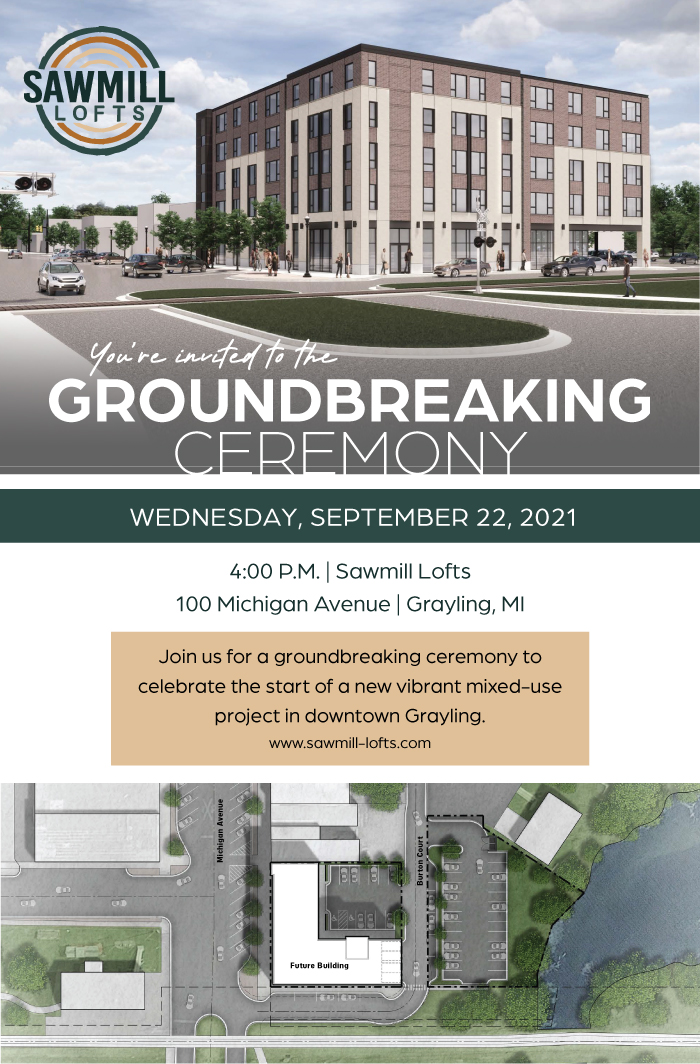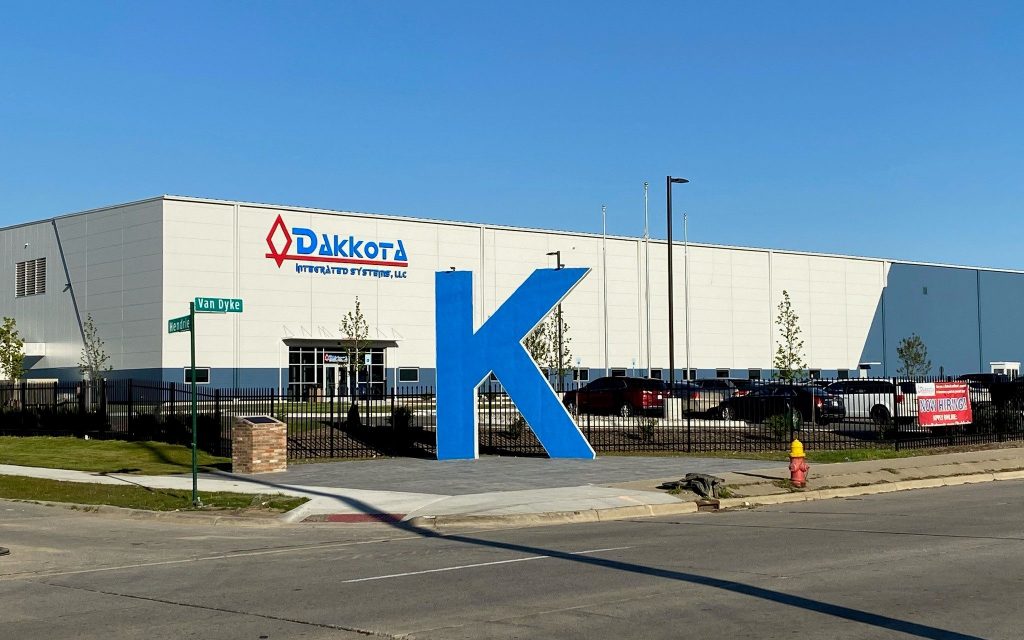New development brings mixed-use building with housing to support area growth
FOR IMMEDIATE RELEASE
September 13, 2021
LANSING, Mich. – After years of working behind the scenes, Michigan Community Capital will celebrate the start of a new vibrant mixed-use project in downtown Grayling next week. Located at 100 Michigan Avenue, the Sawmill Lofts project will develop a vacant and underutilized site into a nearly 40,000-square-foot, five-story building with over 3,000 square feet of commercial space and 42 new apartments. Total project costs are projected to be approximately $12 million with support provided by Michigan Community Capital (MCC); Michigan Economic Development Corporation (MEDC); Michigan Department of Environment, Great Lakes, and Energy (EGLE); IFF; the City of Grayling and Crawford County.
“It has taken over two years working with strong local and state partners to bring this project to life,” says Marilyn Crowley, Vice President of Investments for MCC. “This will mark the first multi-family building permit pulled in the city of Grayling in many years. It is crucial to bring housing for workers in growing industries to attract and retain talent in the region.”
Once complete, the newly constructed building will offer large storefronts, and a residential lobby and lounge on the first floor. The upper four floors will be a mix of studio, one-bedroom and two-bedroom floorplans with some apartments overlooking the Au Sable River. Resident amenities will include onsite parking, electronic key access, an elevator, onsite staff and leasing office, and the resident lounge. Tenants will also enjoy walking distance access to downtown conveniences and local trails.
“The reactivation of this long-underutilized space will bring energy and activity to the middle of our downtown,” says Rae Gosling, Director of Grayling Main Street/Downtown Development Authority. “We are looking forward to having a better-connected district that encourages residents and visitors to experience all that our downtown offers.”
Identified as a priority site for redevelopment by the city, the new housing is expected to support a variety of residents including employees hired by surrounding growing businesses.
“Grayling and our surrounding communities have been in great need of housing, including rental housing, for many years. As Grayling continues to grow and bring in new businesses and job opportunities, the need for housing continues to increase. Sawmill Lofts will help provide much needed rental housing in our area, and one of the biggest benefits is that it will be right in our quaint little downtown,” said Traci Cook, Executive Director of the Grayling Regional Chamber of Commerce.
MEDC provided an investment of $4.4 million in equity for the project under the Community Revitalization Program. The project meets the priorities of this program because it will increase the amount of residents living downtown, improve the vitality of downtown through increased investment and activity, and redevelop a vacant and contaminated site into a mixed-use building. In addition, the project will help provide a market comparable to encourage other investments in this region.
“The Sawmill Lofts project will supply downtown Grayling with much-needed affordable housing for the area workforce while also bringing attractive commercial space,” MEDC Sr. Vice President of Community Development, Michele Wildman. “As a certified Redevelopment Ready Community and participant in the Michigan Main Street program, the city of Grayling is proactively positioning itself for new private investment and continued growth. We are pleased to collaborate with Michigan Community Capital and our local partners in supporting transformative projects like Sawmill Lofts that help create vibrant, resilient communities where people want to live, work, visit and play.”
The project will utilize a $1 million grant from EGLE for environmental remediation on the site. This work is further supported by an approved $1.4-million brownfield tax increment financing plan through the City of Grayling and Crawford County.
“EGLE is excited to be part of this fantastic downtown revitalization project,” said Julie Lowe, Brownfield Coordinator at EGLE. “This project is a great example of how EGLE’s Brownfield Program helps to create jobs and investment and increases property values and tax revenues. Brownfield redevelopment projects like the Sawmill Lofts help to improve communities, the environment, the economy, and public health and safety,” she continued. “EGLE’s brownfield incentive programs assist with environmental remediation and redevelopment of brownfield sites to promote economic development in both rural and urban communities across Michigan.”
IFF, a Community Development Finance Institution, has approved a $3.7 million loan for the project.
“IFF, a mission-driven nonprofit lender that helps communities thrive, is proud to support the hard work of Michigan Community Capital to bring Sawmill Lots to Grayling. In our work with Michigan Community Capital, we’ve witnessed the team’s skill at pulling together the public and private resources required to construct new, high-quality housing. We look forward to construction completion and move-in for dozens of new residents who will call Sawmill Lofts home,” said Stephanie Socall, Managing Director of Lending, Affordable Housing at IFF.
Integrated Architecture has been selected as the architect, with Midwest Construction Group serving as general contractor. Site preparation is underway with remediation taking place under the supervision of Triterra Environmental.
The anticipated opening of Sawmill Lofts is set for the beginning of 2023.
Community members are encouraged to attend the groundbreaking event planned for Wednesday, September 22, 2021. Event details can be found online at michigancommunitycapital.org.
About Michigan Community Capital
Michigan Community Capital (MCC) is a non-profit diversified public-private partnership that supports the missions of the Michigan Economic Development Corporation (MEDC) and the Michigan State Housing Development Authority (MSHDA) by aggregating capital and facilitating the financing and development of low-income and attainable housing, and the redevelopment of complex brownfield sites within the State of Michigan. MCC is a U.S. Treasury certified Community Development Financial Institution (CDFI) and a certified Community Development Entity (CDE). Over its 16-year history, MCC has supported over $1 billion in project financing, successfully attracted $320 million in federal New Markets Tax Credits, and helped to create over 750 housing units and 1.3 million square feet of commercial, retail and industrial space to facilitate job creation and expansion. MCC provides products in four key pillars: housing equity, bridge and gap lending, New Markets Tax Credits, and property insurance for Low-Income Housing Tax Credit projects. For more information on MCC visit michigancommunitycapital.org.
###


